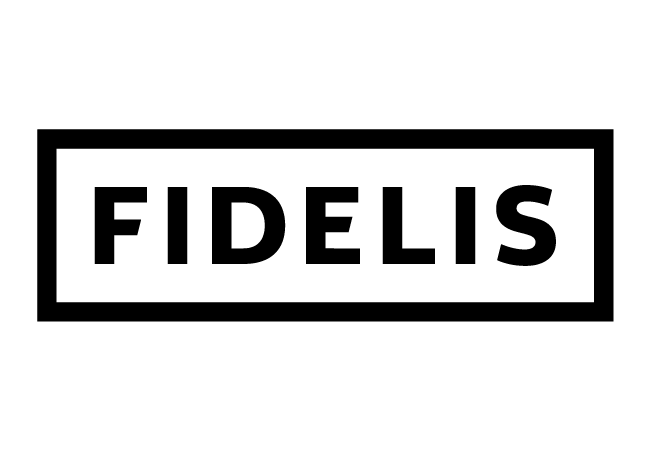Fidelis MGU / balance-sheet restructure approved, gives future capital raise flexibility

Fidelis Insurance Holdings Limited, the specialty insurance and reinsurance firm launched by Richard Brindle, has now received approval for the planned launch of an MGU and separation of this new underwriting and origination arm from its balance-sheet insurance businesses.
All necessary regulatory approvals have now been received, so the Managing General Underwriter (Fidelis MGU) will now exist as a separate entity from the existing balance sheet insurance companies (the Fidelis Insurance Group) from January 1st 2023.
Richard Brindle will take on the Chairman and Chief Executive Officer roles for the Fidelis MGU, while Dan Burrows will be Chief Executive Officer of the Fidelis Insurance Group.
From the point of view of clients and brokers, Fidelis says that all capital and risk transfer resources currently offered will remain available, meaning there will be a seamless transition from the current to new structure as far as clients and customers are concerned.
Richard Brindle, Chairman & Group Chief Executive Officer and Chief Underwriting Officer of Fidelis, commented, “We are delighted to have received confirmation of all necessary regulatory approvals. This has been a ground-breaking transaction that will enable the separated entities to focus on what they do best, and we are keen to move forward and focus on our clients and brokers. I would like to thank everyone who has been involved in this deal and I am excited for the future of these two entities.”
Dan Burrows, Executive Chairman of Fidelis Bermuda and Managing Director of Fidelis, said: “Receiving regulatory approval is an important step in this intelligent and innovative transaction. Fidelis Insurance Group will benefit from providing long-term capacity to the Fidelis MGU along with mechanisms to ensure alignment between the separated companies. We look forward to the start of this long-term and successful partnership which will be focused on the continued delivery of underwriting outperformance within the insurance and reinsurance sectors.”
Given the way the insurance and reinsurance market continues to evolve, Fidelis’ new structure means the company can attract capital and investment backing through two distinct entities, with different income streams and risk profiles, meaning the company can capitalise on investor trends as well.
The move not only allowed more new capital to enter the business, as we explained when the deal was initially announced, it also means more and different opportunities for backers.
This could be appealing to certain investors given the increasing focus on origination and underwriting businesses, as well as the popularity of investments into managing general agents and underwriters at this time.
Not only that, with the Fidelis Insurance Group a capacity provider to the Fidelis MGU, there is also the potential for the MGU to sign additional capacity partnerships, as a way to grow the overall Fidelis underwriting firepower considerably.
These capacity partnerships could look like traditional MGA/U and carrier relationships, or something more direct to institutional investors looking for insurance and reinsurance-linked returns.
As a result, the new structure provides a great deal of flexibility to Fidelis, while offering a platform for growth and importantly monetisation of the individual parts of the business, as well as of the risk too (if it chooses).
Creating a structure that allows for bolt-on capacity partnerships and investor relationships, means Fidelis could significantly grow its stature in the global insurance and reinsurance marketplace, if it chooses, which could elevate the company up the ranks of underwriting houses, without the need to go public in a hurry to raise the balance-sheet firepower.
Of course, the separation also means Fidelis could explore taking the distinct parts of its business public in future as well, if that was the more beneficial route.
Either way, there’s a lot to like about the separation strategy, as it provides options that all support future growth, as well as a platform that can respond dynamically to market forces, client and capital provider needs.
For more details on the investor-backing for the Fidelis MGU read our article from the announcement of this separation arrangement.
Fidelis is already active in partnering with investors and sees utilising third-party reinsurance capital as key to its evolution.
The re/insurer also recently successfully sponsored its latest and fourth catastrophe bond in the Herbie Re series.






